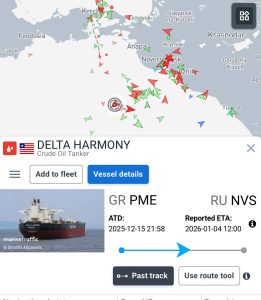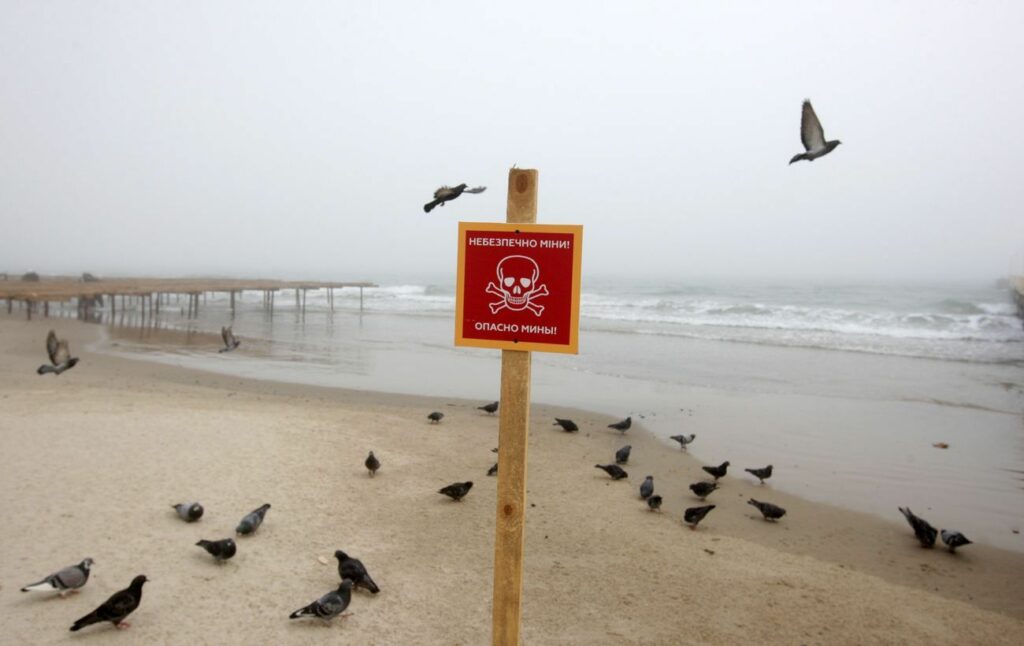Russia is creating a shadow fleet of grain carriers

Russia increasingly relies on a shadow fleet to export grain, using old ships owned by shipowners in Turkey or China.
The lack of ships in the Russian Federation and the reduction of the activities of Western grain traders in the aggressor country increase the costs of transporting Russian wheat. However, the fleet available in the Russian Federation is much lower than needed, Reuters reports.
“The situation raises doubts about whether Russia will be able to maintain record export rates and, if not resolved, could push up global wheat prices,” agency sources said.
Russia was dissatisfied with the Grain Agreement, in particular, because Russian food exporters experienced difficulties in working with Western companies – ship owners, insurers, banks. Companies have often refused to work with Russia, which calls such actions “disguised sanctions.”
At least three large shipowners have refused any contact with the aggressor country since February 2022. Russian terminals and ports, as insurers note, often fail to pass a check for lack of contact with sanctioned persons. Even refueling a vessel in Russia may be a violation of Western sanctions.
Last year, Russia exported a record amount of wheat on vessels chartered from international shipowners and traders. But as of July 1 of this year, large traders Louis Dreyfus, Viterra and Cargill stopped working from the Russian Federation.
Because of this, Russia began chartering vessels from small shipowners unrelated to these traders. The Shipfix platform reported an increase in Russian applications for such vessels by 40% (up to 257) in July.
The disruption of the grain agreement, shelling of Ukrainian sea and Danube ports and an attack by surface drones on a Russian warship near Novorossiysk, which is a major oil and grain port, caused a sharp increase in the price of insurance premiums for the transportation of Russian grain. According to agency sources, these additional bonuses amount to tens of thousands of dollars every day.
Shipowners who still agree to work with Russian Black Sea ports have also sharply raised their prices for services. According to one of the Reuters sources, for the transportation of Russian cargoes, they ask for $10,000 more per day than for the same cargoes from the ports of Bulgaria and Romania.
In December 2022, the Russian government announced a plan to build a fleet of 61 new grain vessels, citing “sanctions pressure and the refusal of many international carriers to cooperate with Russia.” However, no orders are known yet.
Now there are 31 grain trucks in Russia. Most of them are old and small, so in the near future the country will have to charter foreign vessels from those who agree to work with it.





